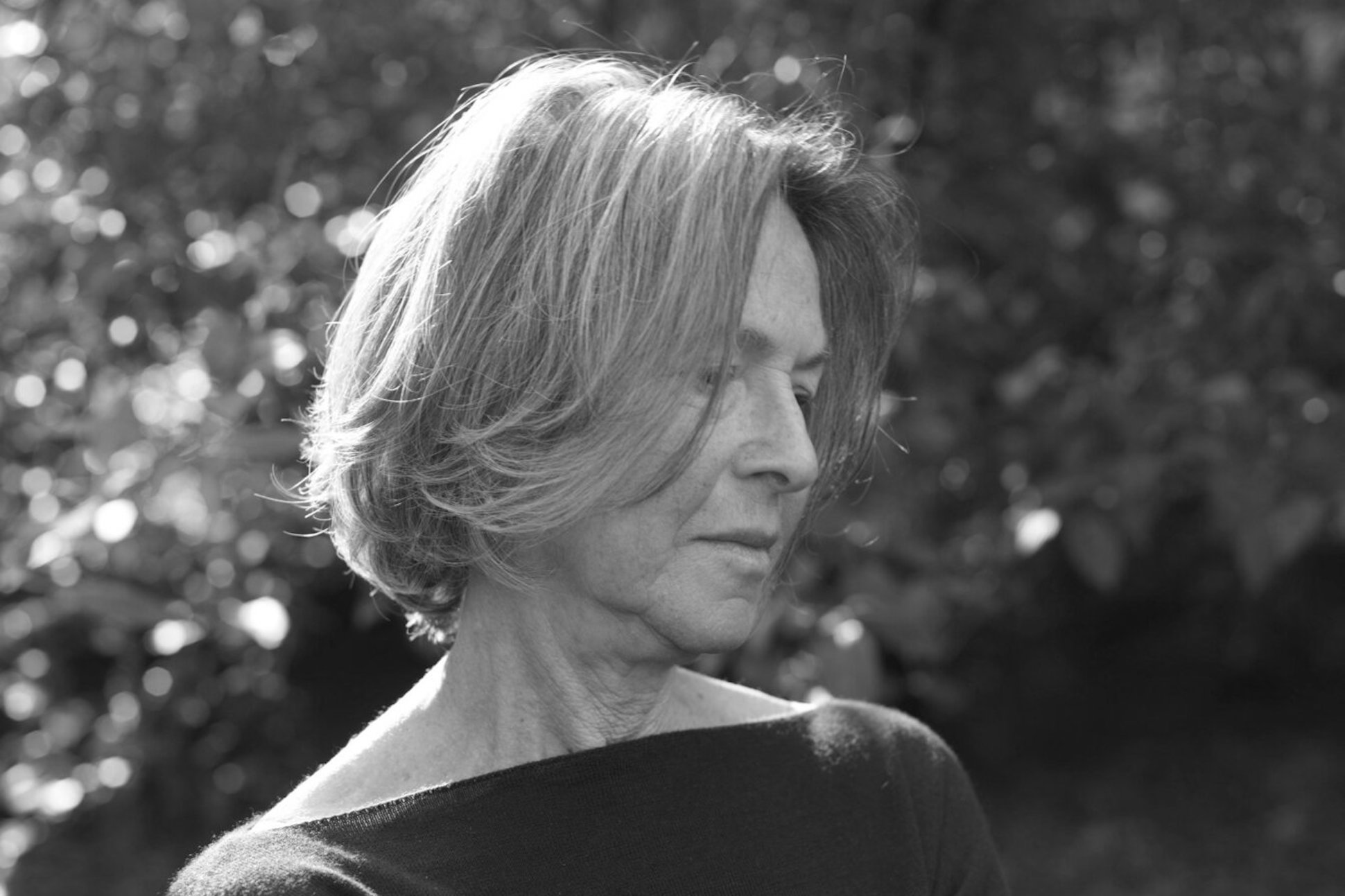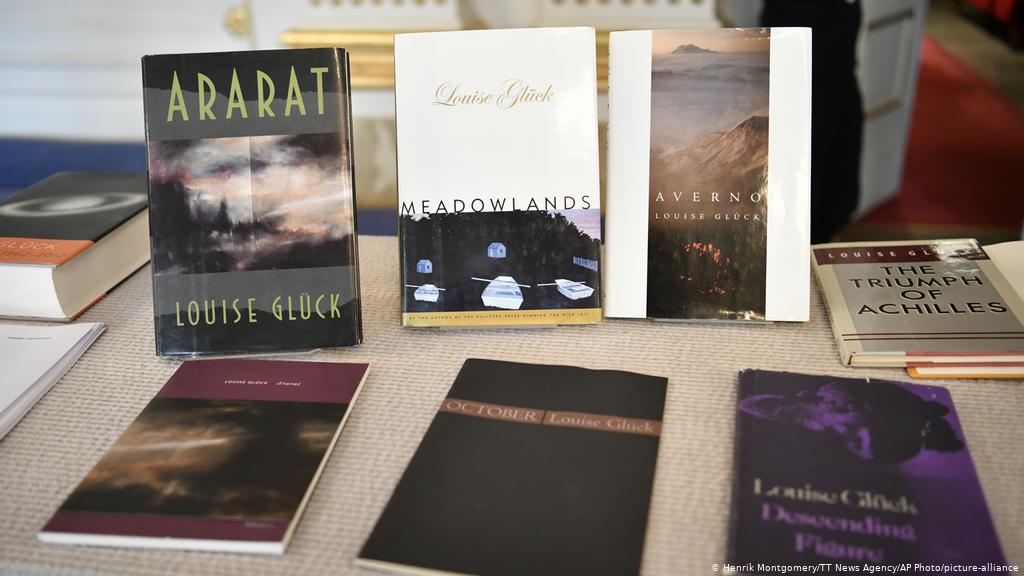“We look at the world once, in childhood,
The rest is memory.”
- -Louise Glϋck
The dawn of October marks the beginning of the period of a very prestigious ceremony called ‘Nobel Prizes’ on the calendar. Every year committees in Sweden and Norway name laureates in a variety of prizes in the sciences (which are Chemistry, Physiology and Medicine, and Physics), Literature, Economics, and Peace work as well. By now all the winners of this year have been announced and it has been the utmost pleasure, that out of the six prize categories, three categories have been awarded to women.
Last Thursday, distinguished American poet and essayist Louise Glϋck was announced as the winner of the 2020 Nobel Prize for Literature. Making the announcement, the official Twitter page for Nobel Prizes shared that Glϋck is commended for “her unmistakable poetic voice that with austere beauty makes individual existence universal”. One of the most celebrated contemporary poets in the U.S, her work is lauded all over the world, especially by college students. She is the first American to receive this award after Tony Morrison, who won this prize of note in 1993. Although the Nobel Prize for Literature has been caught up in some controversy over the past few years, many seem to be content with the idea that, Glϋck who is the 16th woman to receive this honorary award, managed to secure the prize.
Louise Elisabeth Glϋck was born in 1943 in New York City to a well-to-do family. Raised in Long Island, Glϋck is of Russian–Jewish and American descent. She wrote poetry from an early age. Now a professor at Yale University, her work has been and continues to be used as an academic study. Glϋck is the recipient of numerous accolades such as the Pulitzer Prize, National Book Award, National Humanities Medal, Bollingen Prize, National Book Critics Award etc. apart from the Nobel Prize. From 2003 to 2004 she was the Poet Laureate of the United States.
Glϋck is famous for the uniqueness in her writing style. She is an autobiographical, yet not a confessional poet. She portraits the novelty and reality of life through her poems. Her poems are mainly characterized by highlighting of despair, isolation, nature, trauma, and desire of life and are focused on themes of childhood, family relationships, identity, etc. Most of her poems are based on her personal experiences.
As mentioned above Glϋck wrote many of her poems with the engagement of personal experiences. She spent much of her childhood and adolescence trying to gain independence and approval from her mother, explicitly described in her poem “Mother and Child” (2001).
“Why do I suffer? Why do I ignore?
Cells in a great darkness. Some machine-made us
It is your turn to address it, to go back asking
What am I for? What am I for?”
- -“Mother and Child (2001)”
She was diagnosed with Anorexia nervosa, an eating disorder when she was in her teenage years. She spent her next few years in treatment, which resulted in the broadening of her perspective of life. Many years later Glϋck compiled questioning identity and purpose, in particular, that of women limited by gender roles and social accords on body image in her work. Through her poem “Descending Figure” (1980) she expresses her dismal thoughts she experienced in her teenage years.
Glϋck published her first poetry collection, “Firstborn” in 1968 after going through a severe divorce in the previous year. Most of her early work features raw feelings of the aftermath of failed love affairs, family issues, and despair. Her later work continues to explore her own grappling self. And some of her works showcase different personas of her life as well. One of her unique habits in writing is using mythology to express her thoughts. One of her notable works like “The Triumph of Achilles” (1985) is written using Greek Mythology and is considered as one of the best work done by a poet up to date.
“Always in these friendships
One serves the other, one is less than the other”
In contrast to the other poets of her time, she did not use delusions to publicize her work. Only her candid feelings and straightforward way of writing adorned her poetry. So bluntly stating, Louise Glϋck used and still uses her poems as the voice to convey her unsaid emotional suppression and untamed inner self.
Altogether, Louise has published 12 collections of poetry and several volumes of essays on poetry. Some of her other most lauded work are, “The House on Marshland”, “Ararat” (1990), “The Wild Iris” (1992), “Meadowland” (1996), “Vita Nova” (1999), “Averno” (2006), “Faithful and Virtuous Night” (2014), etc. She received the Pulitzer Prize for the commendable work of “The Wild Iris”. This alludes to her far-sighted vision about life. Most people fell in love with Glϋck’s work because of her intimate way of expressing inner feelings and people were able to relate to her work. I think one of the reasons for Louise Glϋck to receive this award is her aesthetical, yet colloquial way of writing poetry. In a pandemic time like this Covid-19, people seek things to rely on and to heal their exhausted souls. Hence, Louise Glϋck’s poetry is like Nectar and Ambrosia to them.
“At the end of my suffering
there was a door.
Hear me out: that which you call death
I remember.
Overhead, noises, branches of the pine shifting.
Then nothing .The weak sun
Flickered over the dry space”
-“The Wild Iris”
References:
01.http://3. https://www.poetryfoundation.org/poets/louise-gluck
Image Courtesies:
01.Featured Image: https://bit.ly/359mYfO
02.Image 01: https://bit.ly/3j8dXbV
03.Image 02: https://bit.ly/344uEAG
04.Image 03: https://bit.ly/3lV5me9
Article by: Nishakya Liyanaarachchi




